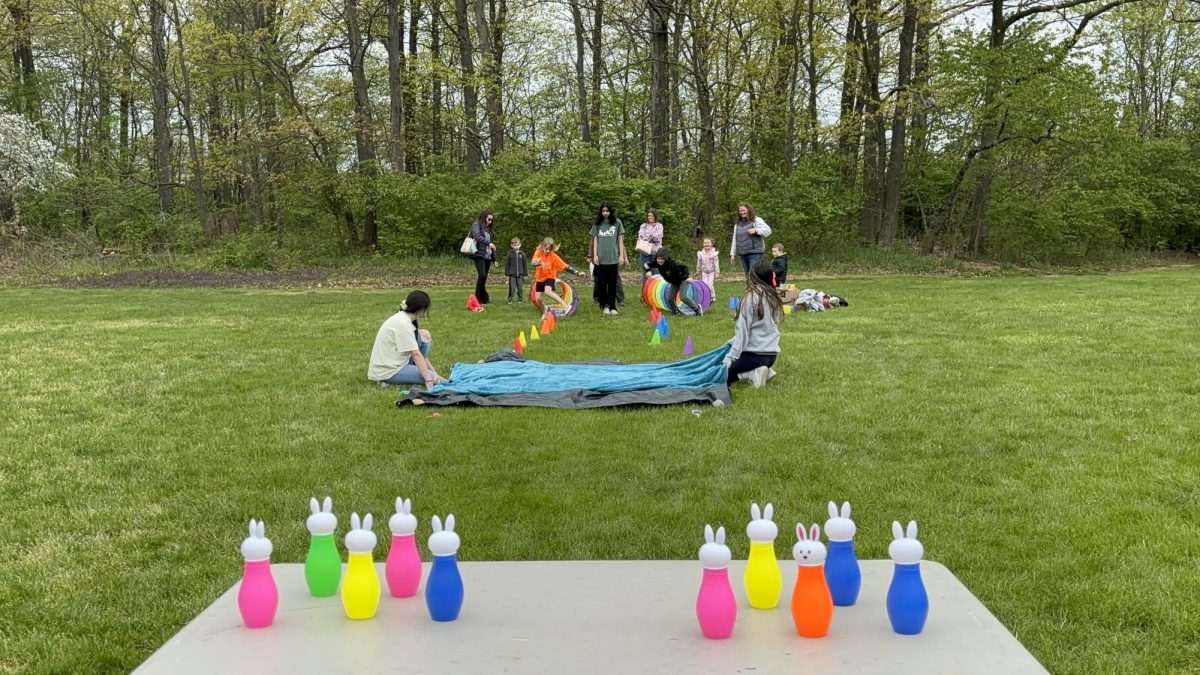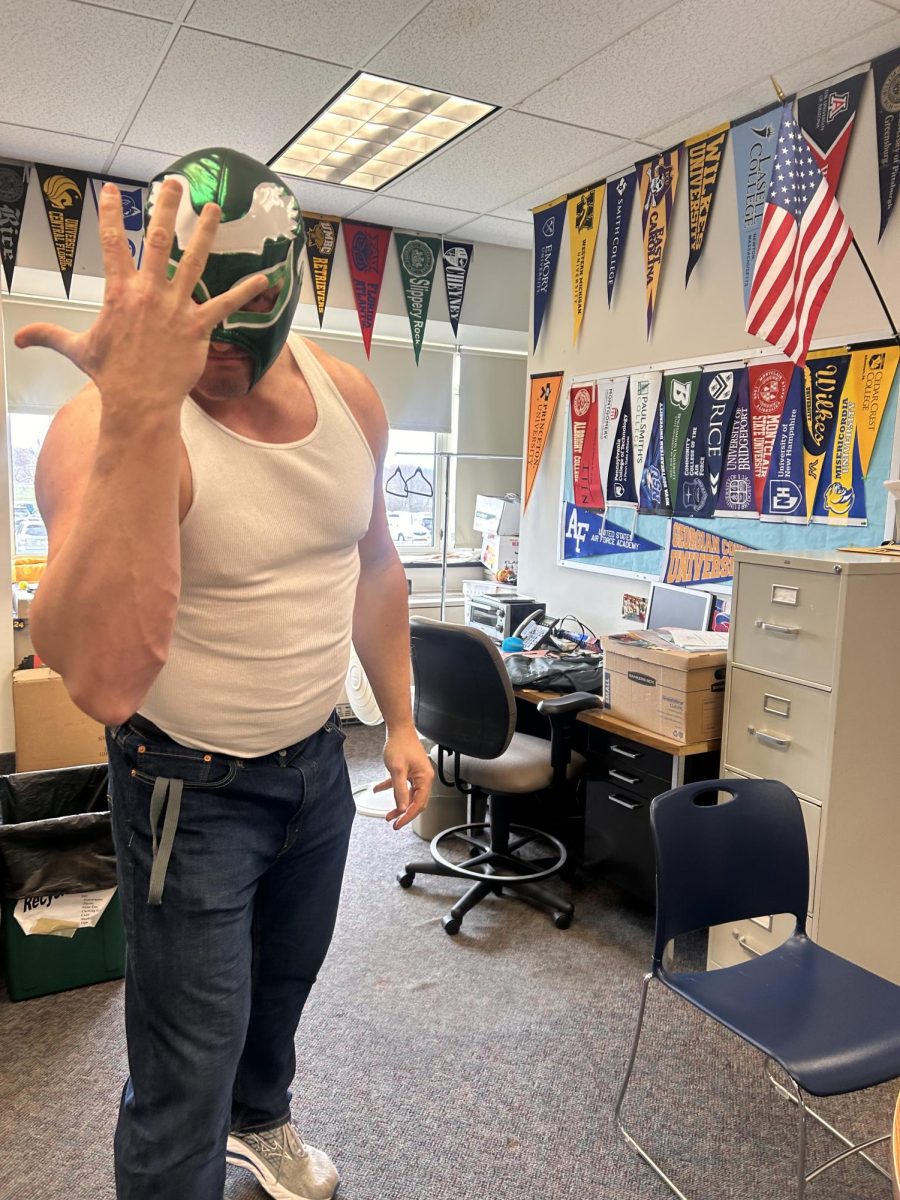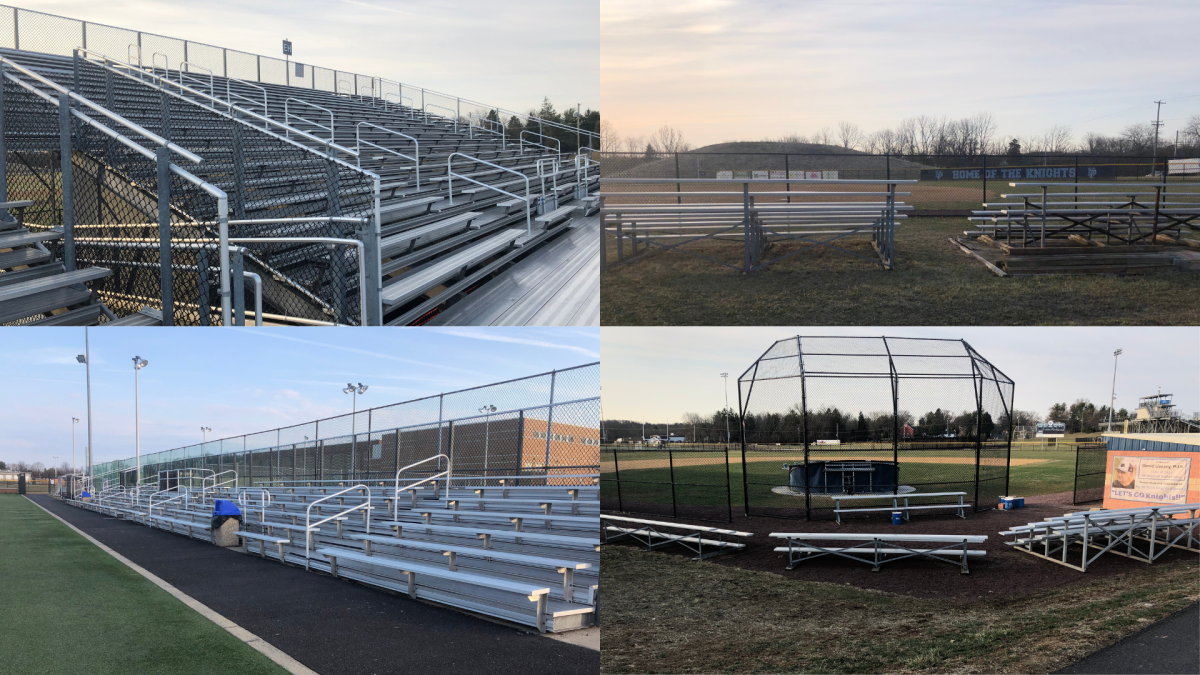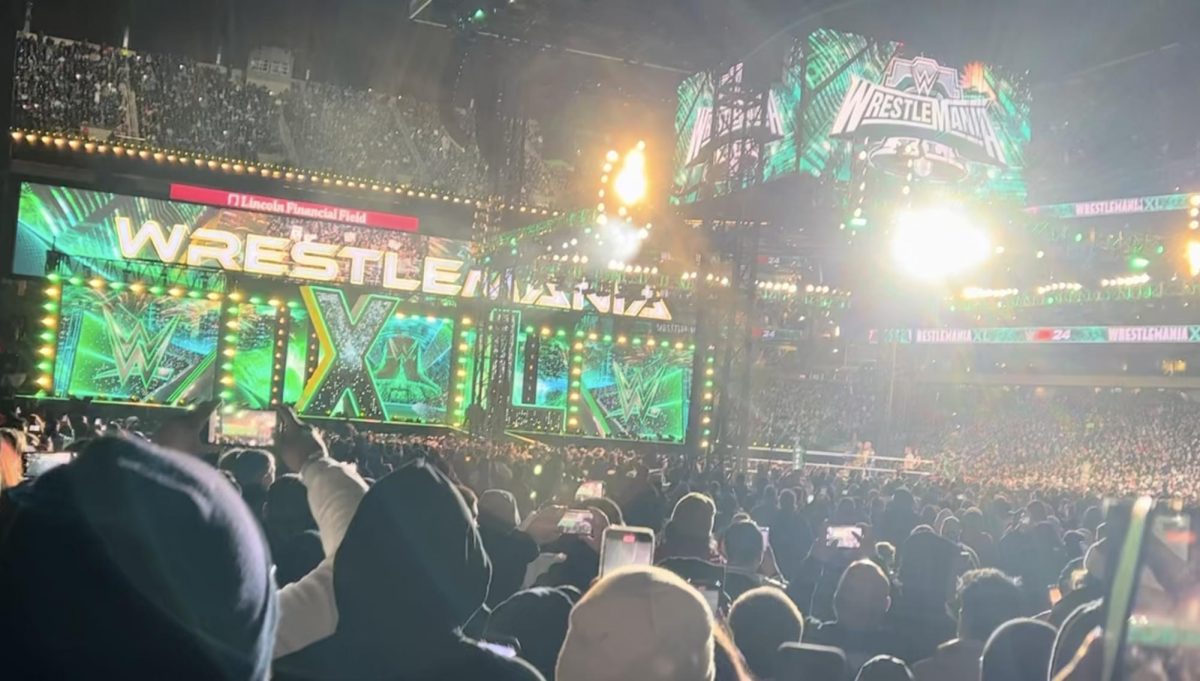Go out and vote: the importance of local elections
Local elections pose great importance because they directly impact the people throughout a community.
November 3, 2015
The first Tuesday in November seems like a godsend for most students, but it’s not just because the school district decided they could use a day to sleep in. It’s Election Day, and this year it falls on November 3.
Four years ago, in the last presidential election, only a little more than half the country took to the polls. That means close to 40% of the population chose not to have their voices heard. Sometimes life does get in the way, and suddenly people just aren’t in the position to go vote. But there’s a difference between busy and “busy,” a difference between staying at work from 5 to 10 and simply forgetting as you drive by your designated voting location.
For some, the belief that their single vote won’t make a difference in the elections is an understandable misconception. Think about it this way: if half the people in the nation are under the impression their votes do not count, 50% of eligible citizens aren’t voting – but 50% can hold a significant amount sway in a close election.
Consider the local elections for a moment, where everyone votes in or out school board members. If anything, these elections are more important for students and faculty than the presidential ones because while federal laws may take years to trickle down, the school board is responsible for making decisions that directly and immediately affect the district.
Most communities have concerns that can be remediated locally, and by taking part in Election Day, citizens can ensure that they are voting in the right people to get the job done correctly. There is no sense in complaining about certain procedures and programs if one has abstained from exercising his or her right to vote in a change.
When people vote, it sends the message that they are well informed about their environments, be it school or government oriented. It is important to be cognizant of just who is voted into office because their decisions will help shape our daily lives.
An uneducated voter is just as efficient as someone who doesn’t vote because there is hardly any benefit returned to the people, and “the people” are technically the frontrunners of democracy.
Every single (registered) person has the power to make a difference in his community, state, and country; and all one has to do is allot five minutes of his day to performing his civic duty.










